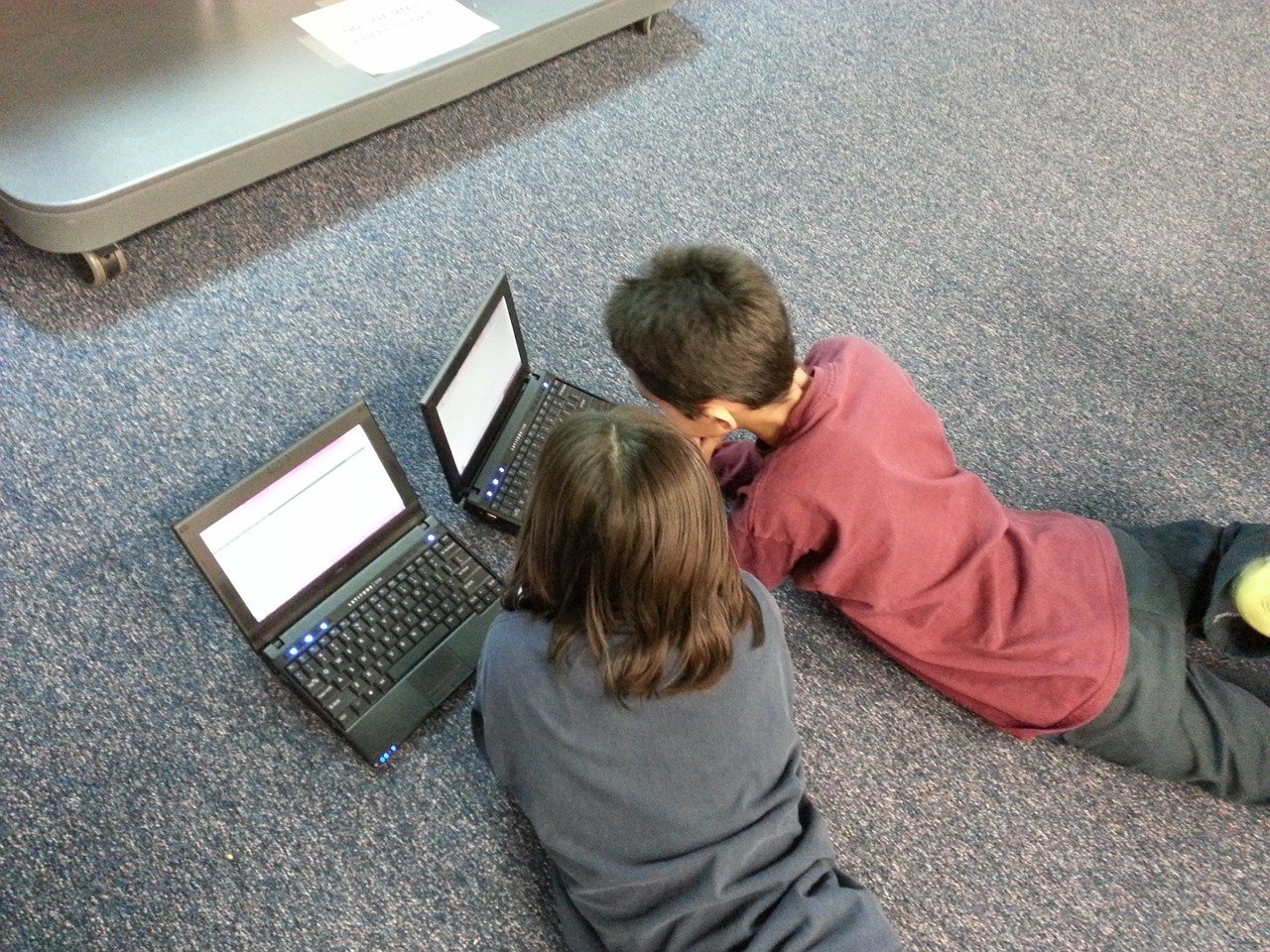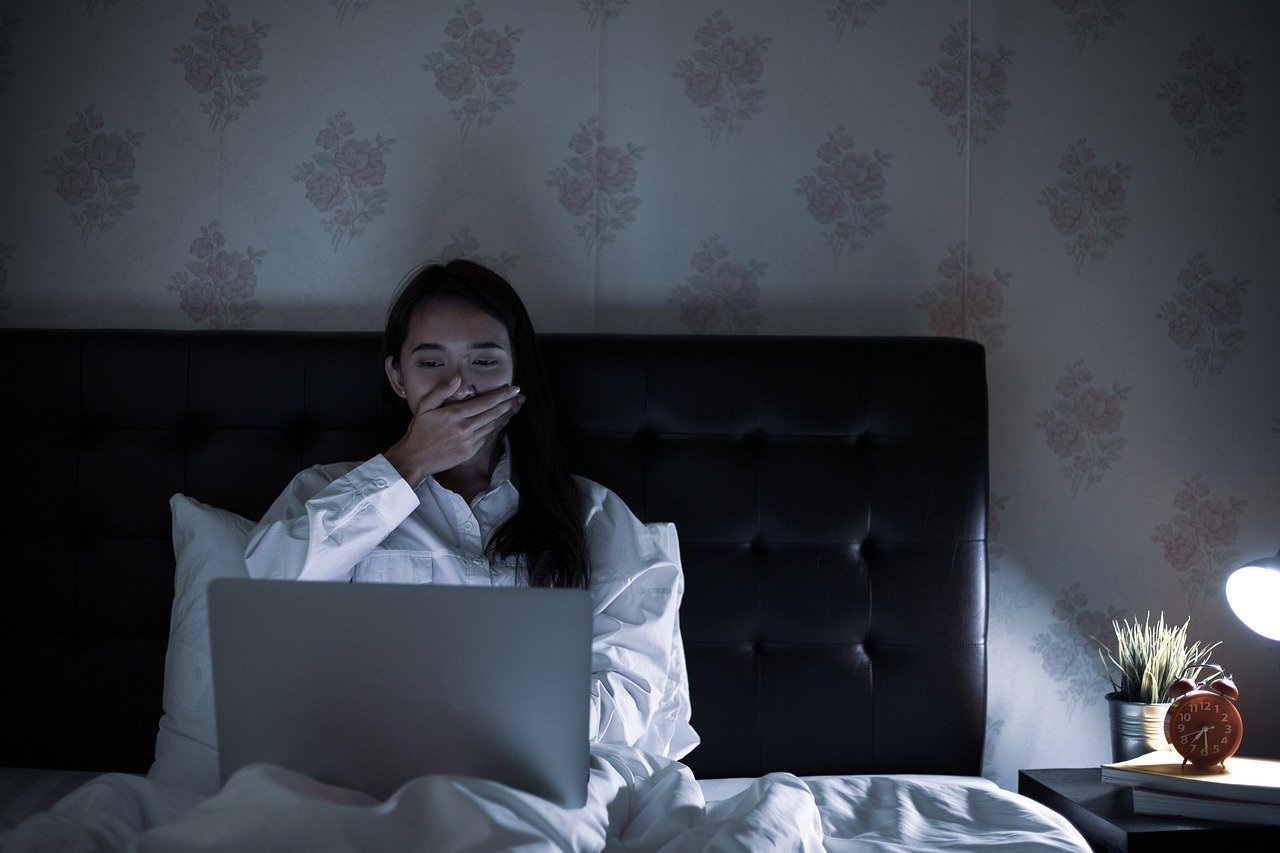In November 2018 researchers from the USA published the results of their study to assess the association between night time media use and sleep problems and internalizing symptoms (ie depression, … Read more
Sleep and dietary patterns, technology and internet usage, perinatal factors, breastfeeding, birth delivery mode and exercise all appear to have an effect on the amount of impulsive behaviour seen in children and adolescents with attention deficit/hyperactivity disorder
In September 2019 researchers from Spain published the results of their study to assess the association between weight, birth attributes, exercise and sleep habits, dietary intake and impulsive behaviour in … Read more
Greater technology use appears to be associated with more sleep-wake problems and less time in bed in all adolescents, but the association between the amount of technology usage and teacher-rated daytime sleepiness only appears to be seen in adolescents with attention deficit/hyperactivity disorder
In June 2019 researchers from the USA published the results of their study to assess the differences in types and amount of technology used by adolescents and its association with … Read more
Scientists, public health practitioners and parents need to better understand the content of their child’s screen time, how they use screens to fulfill specific needs, and how their interaction with screens has an impact on their health and choices
In May 2020 researchers from the USA published their review on the association of extended television viewing with obesity in adolescents. The researchers stated that on a global basis, adolescent … Read more
The healthy eating community on Instagram appear to have a higher incidence of orthorexia nervosa symptoms
In June 2017 researchers from the UK published the results of their study to assess the links between social media use, in particular Instagram, and symptoms of orthorexia nervosa (an … Read more





